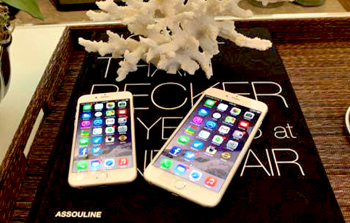Melbourne, Jul 24: Home-made cloth face masks may need a minimum of two layers, and preferably three, to prevent the dispersal of viral droplets associated with Covid-19, according to a study.
Researchers, including those from the University of New South Wales in Australia, noted that viral droplets are generated by those infected with the novel coronavirus when they cough, sneeze, or speak.
As face masks have been proven to protect healthy people from inhaling infectious droplets as well as reducing the spread from those who are already infected, several types of material have been suggested for these, but based on little or no evidence of how well they work, the scientists said.
In the current study, published in the journal Thorax, the researchers compared the effectiveness of single and double-layer cloth face coverings with a surgical face mask (Bao Thach) at reducing droplet spread.
They said the single layer covering was made from a folded piece of cotton T shirt and hair ties, and the double layer covering was made using the sew method described by the US Centers for Disease Control and Prevention (CDC).
The scientists used a tailored LED lighting system and a high-speed camera to film the dispersal of airborne droplets produced by a healthy person with no respiratory infection, during speaking, coughing, and sneezing while wearing each type of mask.
Their analysis showed that the surgical face mask was the most effective at reducing airborne droplet dispersal, although even a single layer cloth face covering reduced the droplet spread from speaking.
But the study noted that a double layer covering was better than a single layer in reducing the droplet spread from coughing and sneezing.
According to the researchers, the effectiveness of cloth face masks is dependent on the number of layers of the covering, the type of material used, design, fit as well as the frequency of washing.
Based on their observations, they said a home made cloth mask with at least two layers is preferable to a single layer mask.
"Guidelines on home-made cloth masks should stipulate multiple layers," the scientists said, adding that there is a need for more research to inform safer cloth mask design.
 Apple's iPhone 6 series devices are up for prebooking in India from October 7. The devices will be available in the country beginning October 17.
Apple's iPhone 6 series devices are up for prebooking in India from October 7. The devices will be available in the country beginning October 17.



Comments
Add new comment